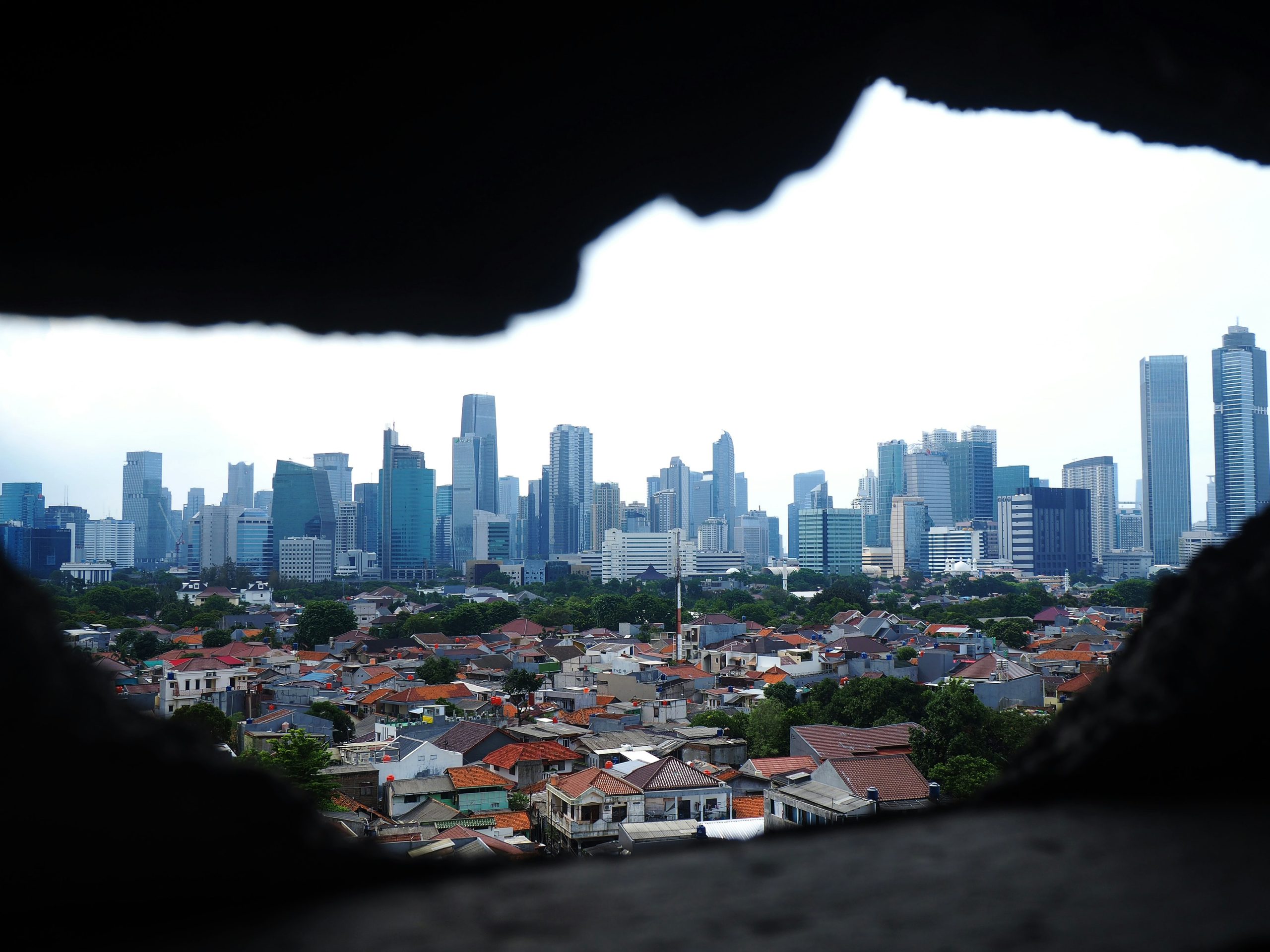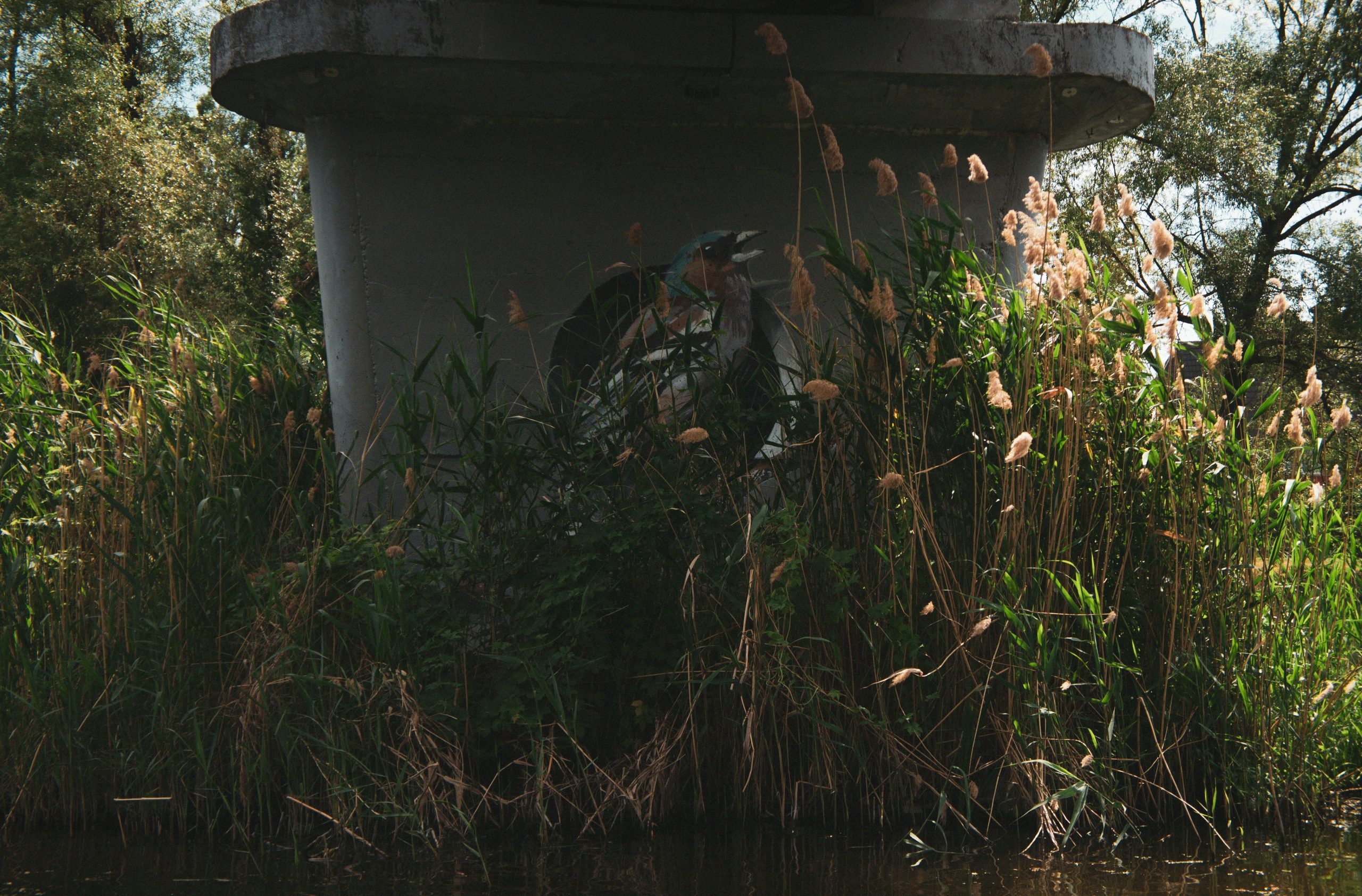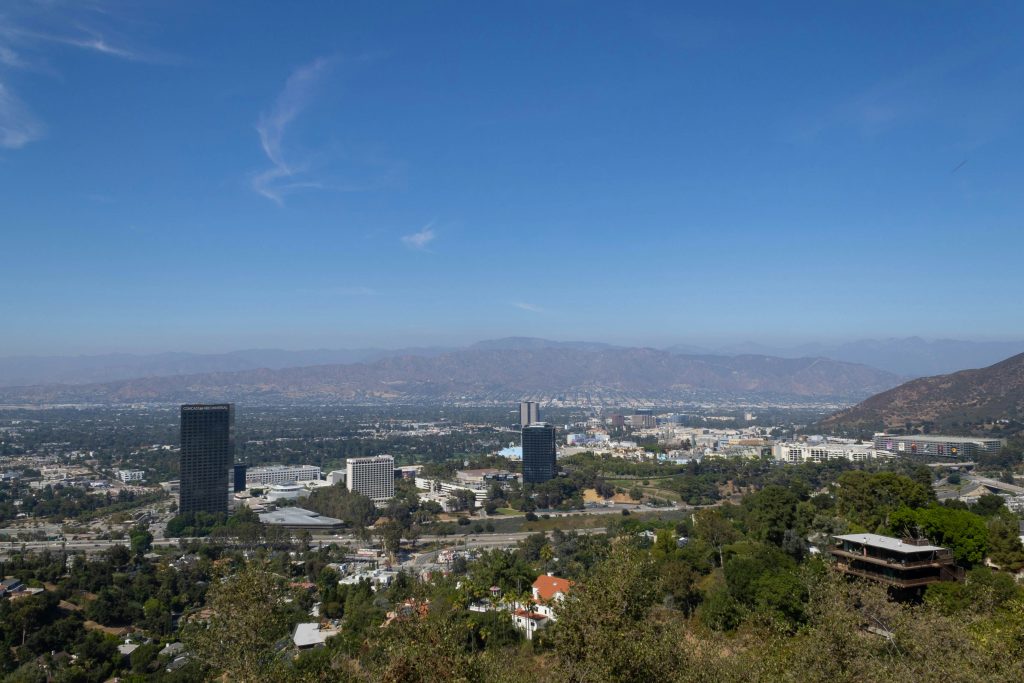Dennis Quaid Takes a Stand Against Censorship in Hollywood and Social Media
In a recent discussion with Joe Rogan, actor Dennis Quaid opened up about his experiences during the filming of his new biopic about President Ronald Reagan. Quaid revealed that while working on the project, he faced attempts to cancel him, highlighting the challenges artists face in a politically charged environment.
The conversation between Quaid and Rogan brought to light the ongoing issue of censorship within Hollywood, particularly regarding conservative viewpoints. Quaid expressed his concerns about the prevailing culture in the industry, which he believes is increasingly hostile towards those who hold differing political beliefs.
Quaid's remarks come in the wake of controversy surrounding Facebook's handling of promotional content for his film. The platform faced backlash for allegedly throttling the promotion of the Reagan biopic, leading Quaid to call out Mark Zuckerberg for the censorship. In a surprising turn of events, Facebook later admitted to its error, acknowledging that it had mistakenly blocked promotional posts due to their political content.
The actor’s outspoken nature during the interview resonated with many who feel similarly marginalized in creative spaces. Quaid pointed out that the Hollywood community often engages in what he referred to as a 'blackballing' of conservative individuals, a sentiment that Rogan echoed during their exchange.
This incident has sparked a broader conversation about the implications of censorship and the responsibility of social media platforms in supporting free speech. Quaid’s candidness about his experiences sheds light on the pressures faced by artists in an era where their political beliefs can significantly impact their careers.
The conversation is not just about one actor’s struggle; it reflects a growing concern over the culture of fear that can stifle creativity and expression in the entertainment industry. As artists grapple with the potential repercussions of their political affiliations, the question remains: how can the industry foster a more inclusive environment for diverse perspectives?
Quaid's experience serves as a reminder of the importance of advocating for artistic freedom and the need for platforms to uphold the principles of free expression. As the dialogue around censorship continues, it becomes crucial to support artists from all walks of life and encourage open discussions about their work, regardless of their political viewpoints.
As the release of the Reagan biopic approaches, it remains to be seen how these discussions will influence the film’s reception and the broader Hollywood landscape. However, Quaid's willingness to speak out against censorship is a significant step towards challenging the status quo and advocating for a more open and accepting industry.











